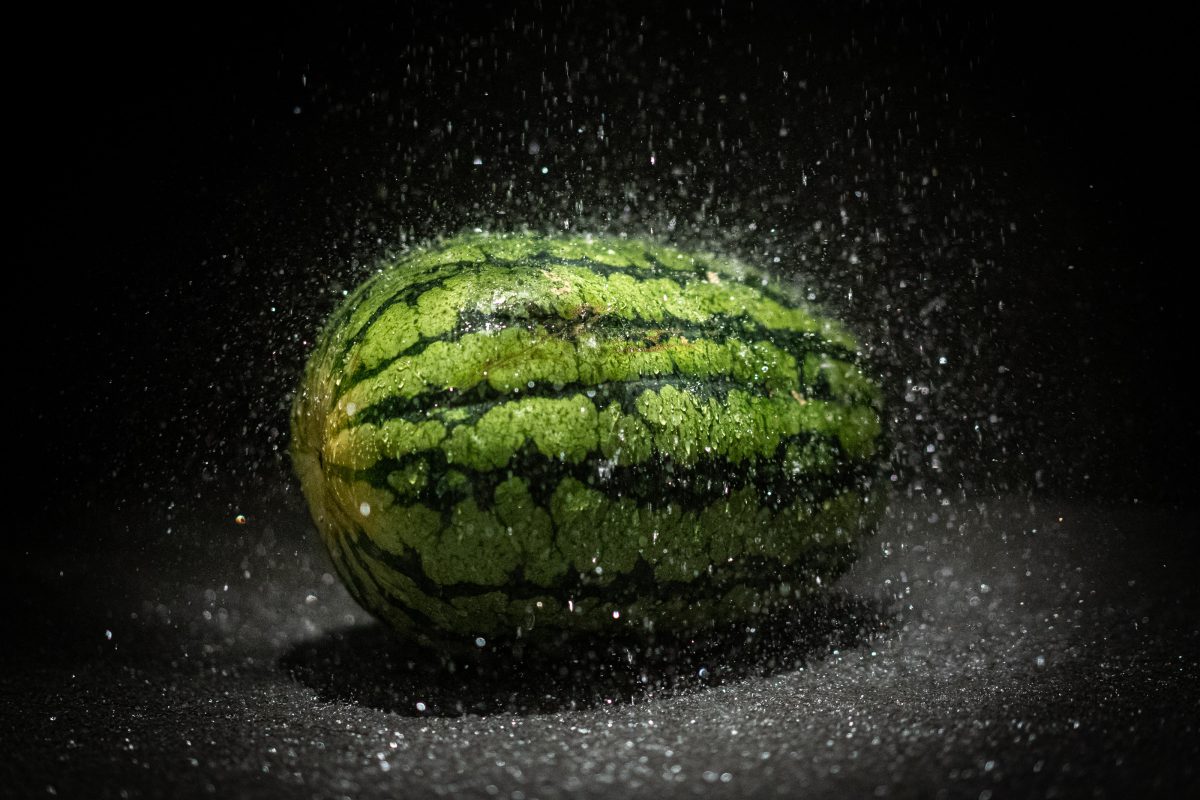An investigation implies that a drug could reshape how individuals adapt to hard conclusions.
Subsequent to taking a compound found in wizardry mushrooms, individuals with malignancy had less nervousness and sadness, even years after the fact, another examination recommends.
The proof isn’t sufficient yet to nail these enduring enhancements to the illusory scene itself, rather than other life changes. However, the discoveries leave open the likelihood that the compound, called psilocybin, might have the option to significantly reshape how individuals handle misery and dread.
Examination distributed in 2016 recommended that a portion of psilocybin in blend effortlessly tension and melancholy in individuals with disease. Yet, researchers needed to know whether these impacts endured.
Overviews directed around three and 4½ years after the psilocybin portion indicated that a greater part of the 15 individuals actually had less indications of nervousness and discouragement contrasted and before they took the compound, the group reports January 28 in the Journal of Psychopharmacology. (Continuously development, about 33% of the members actually had dynamic malignancy; the rest were in incomplete or complete reduction.)
All the members said they had “moderate,” “solid” or “outrageous” positive changes in their conduct that they characteristic to their experience, which many portrayed as one of the most by and by significant functions of their lives.
Everybody in the underlying investigation, which occurred at New York University, gotten psilocybin, however at somewhat various occasions to permit examinations of its prompt impacts. Without contrasting these individuals’ drawn out movements and the encounters of individuals who didn’t get psilocybin, it’s difficult to coax out its impact.
All things considered, these psilocybin encounters hint that the drug could be valuable in helping individuals adapt to hard judgments. The therapy “helped me to proceed onward with my life and not center around the chance of disease repeating,” one member told scientists.




